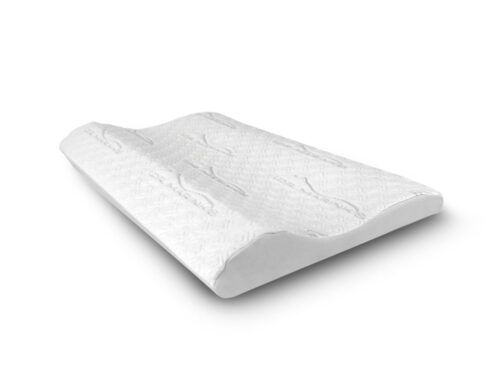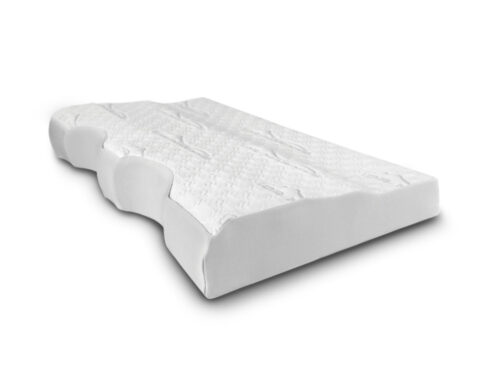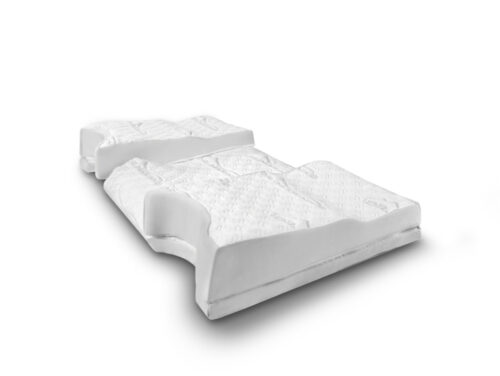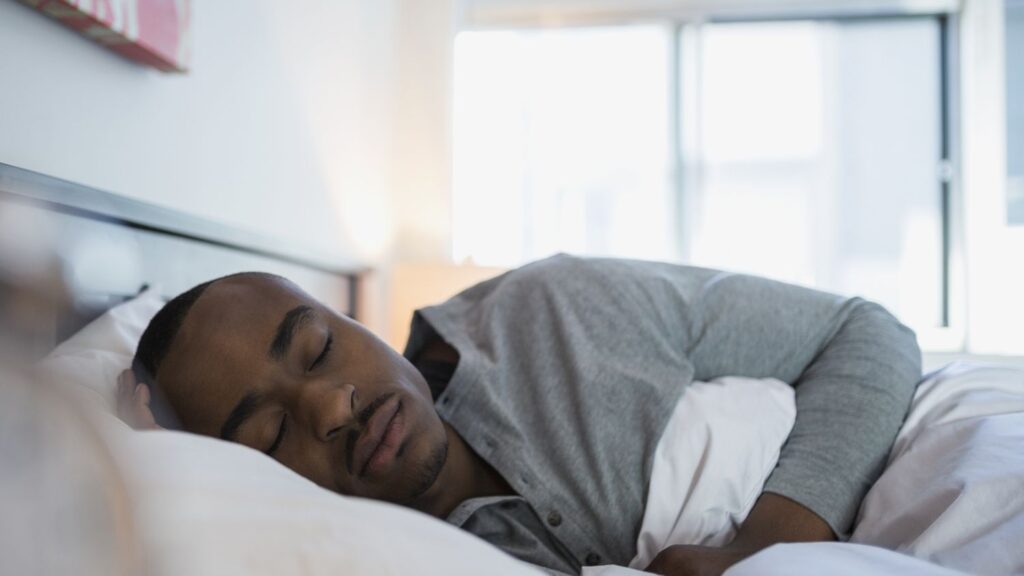
Sleep: A Health Imperative
Chronic sleep deficiency, defined as a state of inadequate or mistimed sleep, is a growing and underappreciated determinant of health status. Sleep deprivation contributes to a number of molecular, immune, and neural changes that play a role in disease development, independent of primary sleep disorders. These changes in biological processes in response to chronic sleep deficiency may serve as etiological factors for the development and exacerbation of cardiovascular and metabolic diseases and, ultimately, a shortened lifespan. Sleep deprivation also results in significant impairments in cognitive and motor performance which increase the risk of motor vehicle crashes and work-related injuries and fatal accidents. The American Academy of Sleep Medicine and the Sleep Research Society have developed this statement to communicate to national health stakeholders the current knowledge which ties sufficient sleep and circadian alignment in adults to health.






